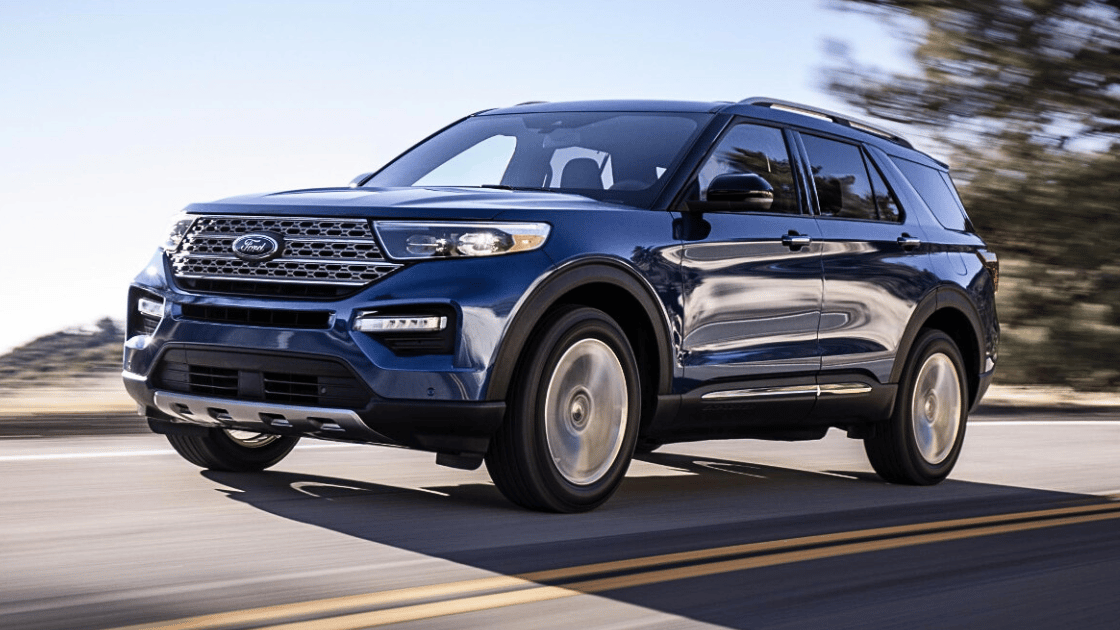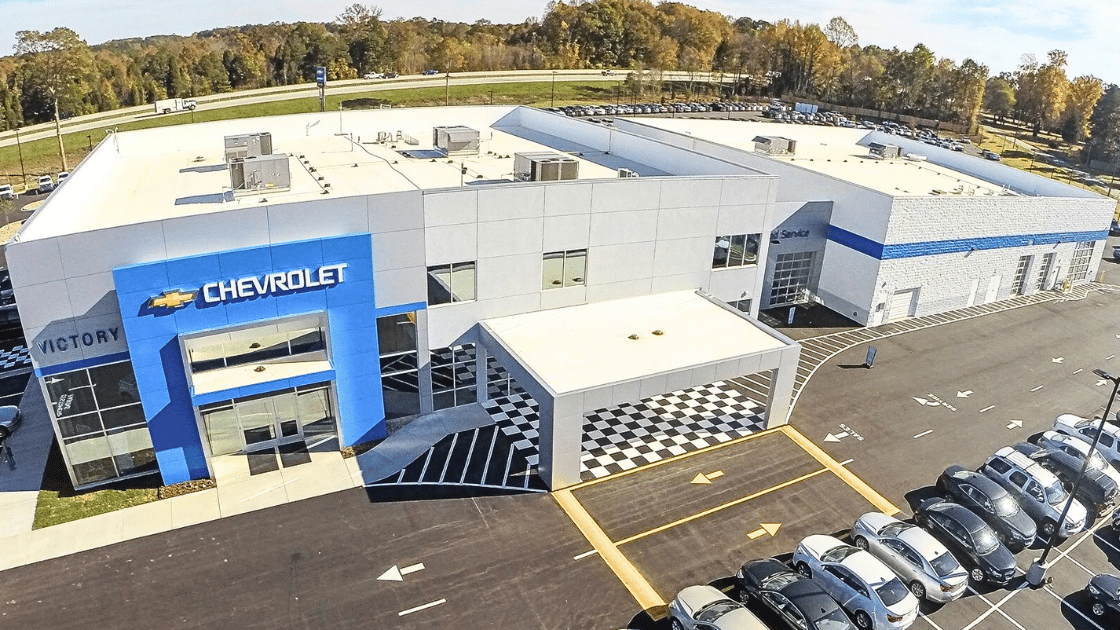
2025 Porsche 911
The great untangling of President Trump's trade policy impact continues. Starting April 3, imported cars will be subject to an extra 25% auto tariff. Meanwhile, imported auto parts will remain tariff-free until May 3.
The problem? Every 2025 model year vehicle sold in the U.S. contains at least 20% foreign content, according to Department of Transportation data.
And per a report from the CATO Institute, vehicles assembled in America by foreign brands get around 44% of their parts from outside the U.S. and Canada.
But for some luxury imports, that number climbs to over 90%.

Source: "American Automobile Labeling Act Report, 2025," National Highway Traffic Safety Administration via CATO Institute
Why it matters: Automakers with the deepest ties to foreign supply chains—like Germany’s biggest brands—are poised to feel the pressure first.
The U.S. imported nearly $25 billion worth of German cars in 2024, according to figures from the U.S. Department of Commerce's International Trade Administration. Now, those vehicles—and the automakers behind them—face steep new costs.
Bloomberg reports that Trump’s tariffs could wipe out up to 25% of operating profits at Mercedes-Benz and Porsche by 2026. Meaning—these companies may be forced to raise prices in order to cope.
Between the lines: Germany’s economy is already feeling the pressure from falling global demand. The U.S. is its most important export market for cars, and its auto sector has been built on decades of frictionless global trade.
Yes, but President Trump does not appear to be backing down.
Porsche, which has no U.S. or Mexican manufacturing facilities, is particularly exposed. Though long reliant on China, Porsche now exports more vehicles to the U.S.—a market that accounted for nearly one in three of its global sales last year. With no local factory, Porsche’s U.S. dealers depend entirely on imports.
Volkswagen, which mainly builds electric models like the ID.4 in Tennessee—still relies heavily on imported parts, especially for powertrains and electronics.
BMW and Mercedes have U.S. plants, but still ship engines and transmissions from Germany. That means tariffs on auto parts could still adversely impact their operations in South Carolina and Alabama. BMW expects the broader trade conflict to cost it $1 billion this year. And modest price hikes are already scheduled to begin May 1.
Bottom line: Without a fast and costly realignment of production, Germany’s biggest names risk losing ground in one of their most profitable markets.
Become an automotive insider in just 5 minutes.
Get the weekly email that delivers transparent insights into the car market.
Join 90,000+ others now, it's free:
If you’re tired of unreliable vehicle transport services and frustrated with delayed deliveries, you need to read this…
CRC Transport LLC is the direct carrier that delivers on-time, reliable, and secure vehicle transport nationwide.
With a massive fleet of 320 trucks, there’s no job too big or detailed that we can’t accomplish on time. Every time.
So whether you need regular transport services or are just looking to optimize costs, CRC Transport is your go-to for experience and capability when it comes to moving cars.
Get exclusive volume discounts as a CDG newsletter subscriber! Click the link below to meet your next car shipping partner.











